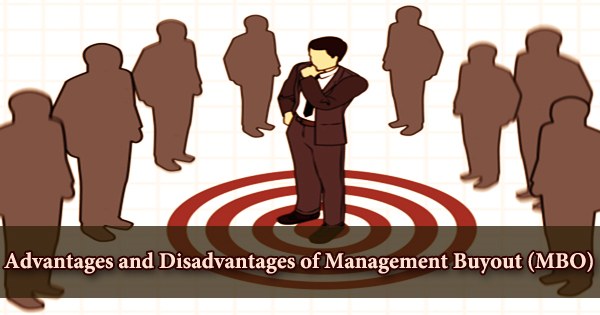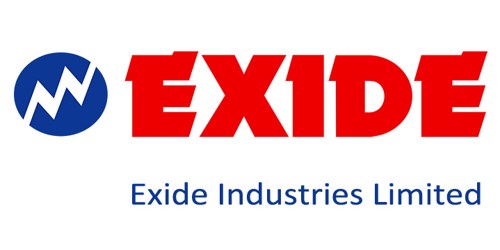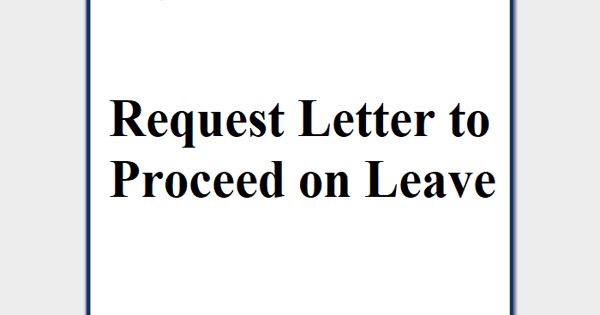Caveat Emptor
This is a general law applied to the sale of goods. It is a Latin term meaning “let the seller beware,” in contrast to the more widely known saying caveat emptor (let the buyer beware). It means buyers beware. It is the principle that the buyer alone is responsible for checking the quality and suitability of goods before a purchase is made. When a person buys goods, the onus is thrown by law on the buyer to see that the goods are free from any sort of defect and that they are suitable for his purpose. The term is commonly used in real property transactions but applies to other goods, as well as some services.
Caveat Emptor is a principle in commerce: without a warranty, the buyer takes the risk. The increasing complexity of modern commerce has placed the buyer at a disadvantage. The seller is responsible for any problem that the buyer might encounter with a service or product. “Without a warranty, the buyer must take the risk” is the basic meaning of the phrase caveat emptor. The buyer himself is responsible for the choice he made. Thus, buyers are responsible for testing and examining those products before purchase. So, Caveat emptor is a fundamental principle in commerce and contractual relationships between a buyer and a seller.
A more common example is a used car transaction between two private parties. The only exception was if the seller actively concealed latent defects or otherwise made material misrepresentations amounting to fraud. The buyer must take on the responsibility of thoroughly researching and inspecting the car—perhaps taking it to a mechanic for a closer look—before finalizing the sale. It is the duty of the buyer to check the quality and the usefulness of the product he is purchasing. If something comes up after the sale, maybe a transmission failure, it is not the seller’s responsibility. If the product turns out to be defective or does not live up to its potential the seller will not be responsible for this. Therefore, the buyer assumes the risk of possible defects in the purchased product.
















